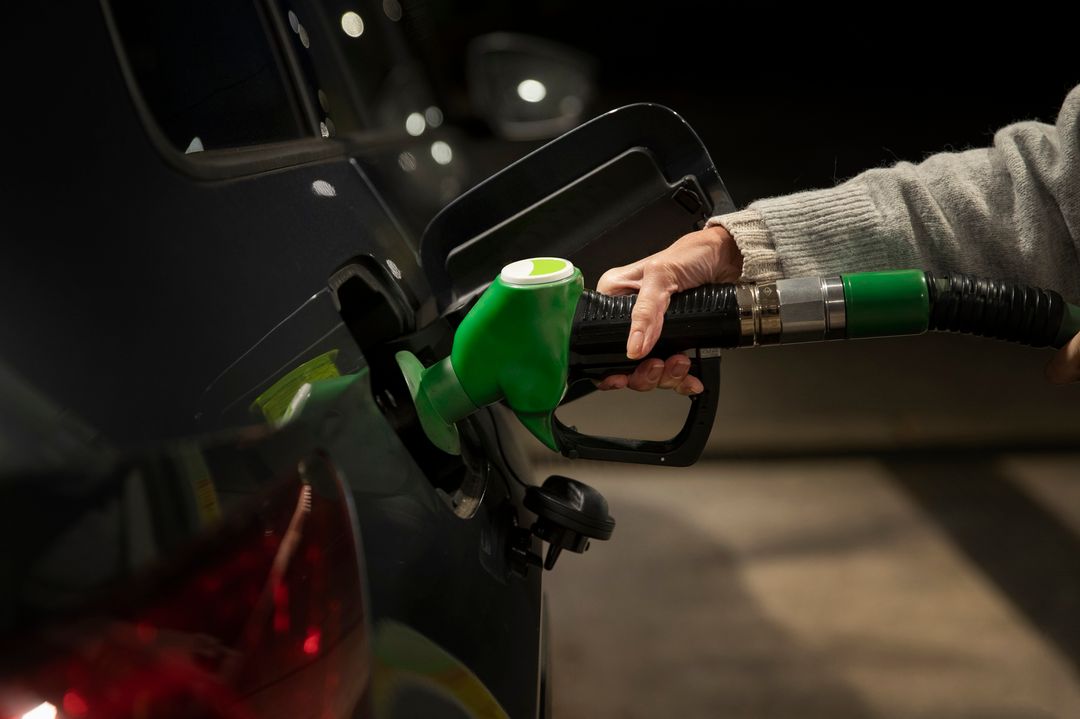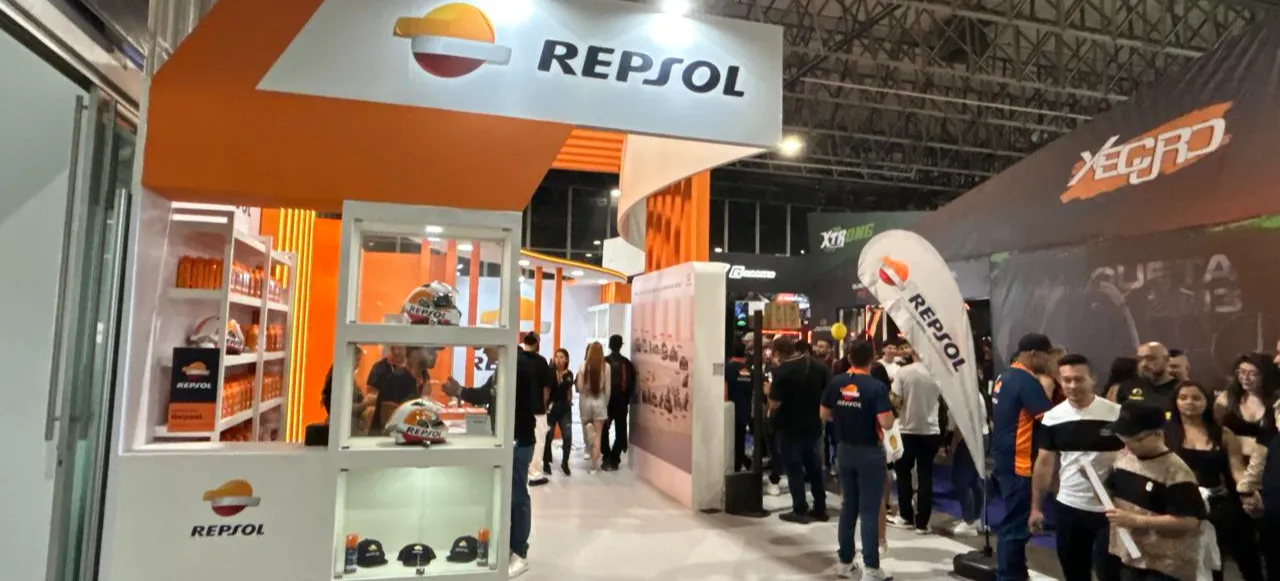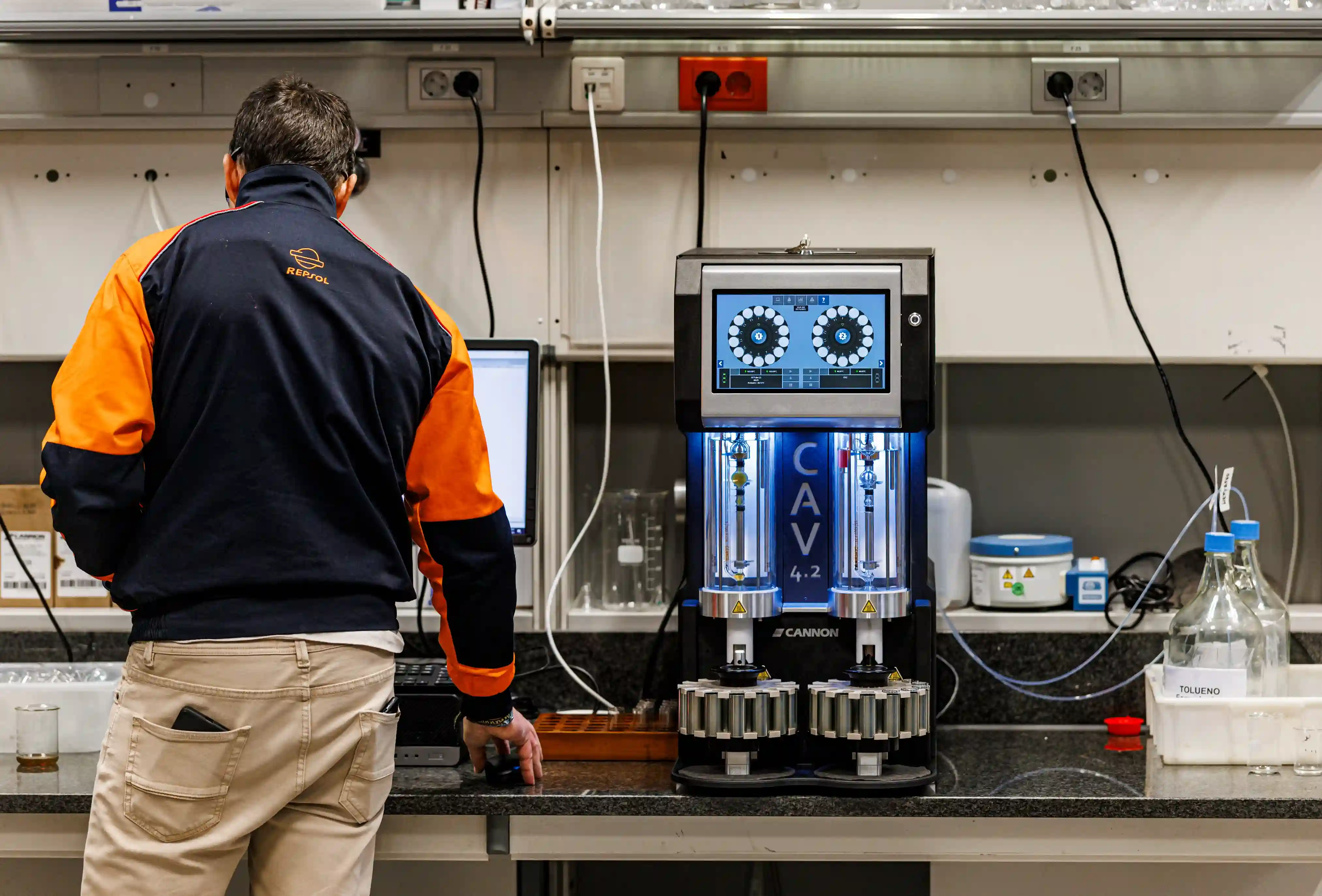Renewable fuels and conventional lubricants: are they compatible?

The transition towards more sustainable transportation necessarily involves innovation. That is what is happening with renewable fuels, which have been gaining ground in the last few years. That is the case with Repsol Diesel Nexa 100%, formulated with HVO (Hydrotreated Vegetable Oil), which Repsol launched on to the market in 2023.
As they are a relatively new technology, it is normal for questions to arise about their compatibly with lubricants and conventional engine oils.
Do I have to use a special oil when refueling with renewable fuel?
When using HVO, it isn't necessary to change the oil that is normally used. Repsol lubricants are totally compatible with these fuels. In this way, they don't affect the useful life of the engine or its performance, as shown by different trials carried out in the last few years.
Repsol's tests to ensure compatibility
At Repsol, the quality and performance of products are imperative. That's why before introducing the HVO fuel on to the market, numerous tests were carried out to ensure its compatibility with conventional lubricants. These weren't limited to laboratory analyses, since they also included trials under real operating conditions to assess the behavior in daily conditions.
In 2021, a pilot test was carried out alongside Alsa with 12 Mercedes Benz Citaro urban buses, which operated under normal service conditions for four months, consuming a total of 120 m³ of HVO supplied by Repsol TechLab. These vehicles followed their usual routes, copying with the typical demands of urban traffic: frequent stops and starts, variable speeds, and periods of idling.
During the test, samples of used oil were taken at regular intervals to examine its state. This analysis didn't show any significant differences compared to the use of conventional diesel. Parameters such as viscosity, degradation, and wear metal content remained within the expected ranges, confirming that the HVO doesn't negatively affect the lubricant.
To increase the scope of these analyses, an additional test was carried out under different conditions. Specifically, it was done with intercity buses on mountain routes in the Community of Madrid. These vehicles, which operated on lines 691 (Moncloa-Navacerrada) and 680 (Collado Villalba-Cercedilla), coped with extreme temperatures, steep slopes, closed curves, and altitude variations, which subjected the engines and lubricants to greater stress. In this case, also prior to the marketing of the HVO, the compatibility was again validated in diverse situations and a seamless transition for users was ensured.
Related content




